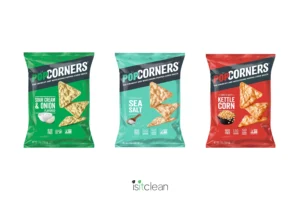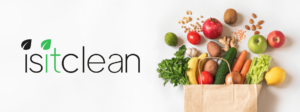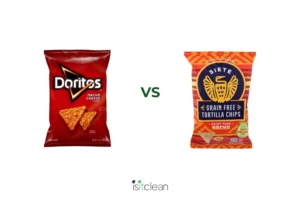
Acesulfame potassium is a zero-calorie sweetener that is added to many sugar-free…



Niacinamide, or vitamin B3, serves as a food additive with multiple functions in the food industry. It acts as a nutrient supplement and may contribute to flavor and appearance. Niacinamide is naturally occurring in food but as an additive is typically synthesized through chemical processes, and involves steps like cyclization and purification to ensure food-grade quality.

Niacinamide in food can help ensure adequate vitamin B3 levels in the body. Animal studies show some effects at very high doses, but human research has suggested only positive benefits. Niacinamide may be synthesized with chemicals such as ammonia, and while food-grade ammonia has been approved as safe for consumption, ammonia is toxic in industrial applications. Ammonia is a natural waste product made by your body from the metabolism of protein and is excreted in your urine.
Health is like a bank account, certain ingredients make a deposit into your health bank, meaning they add to
your health. Certain ingredients withdraw from your health bank. We want health promoting ingredients in our diet. To keep things simple, we rate ingredients on a green, yellow, red scale:

It is naturally occurring in food and has no harmful effects on the body. It is real food. It is health promoting.

It goes into one or more of the below categories

It is known to have a harmful effect on the body (ex. All food colorings, Natural Flavors, MSG, Potassium bromate, aspartame, artificial flavors)



The Food Showdown: Popcorners flavors
Ingredient Rating: Canola oil – is it bad for you?
Clean Consuming: Nourishment for your

We have accomplished so much in just 1 year since our launch in March of 2023! We now have 10,000

The Nacho Chip Food Showdown, is Tapioca Starch safe in food? and a must-see documentary on America’s food system.
Stay in the know with the latest ratings, articles, and our newsletter, The Dirt.